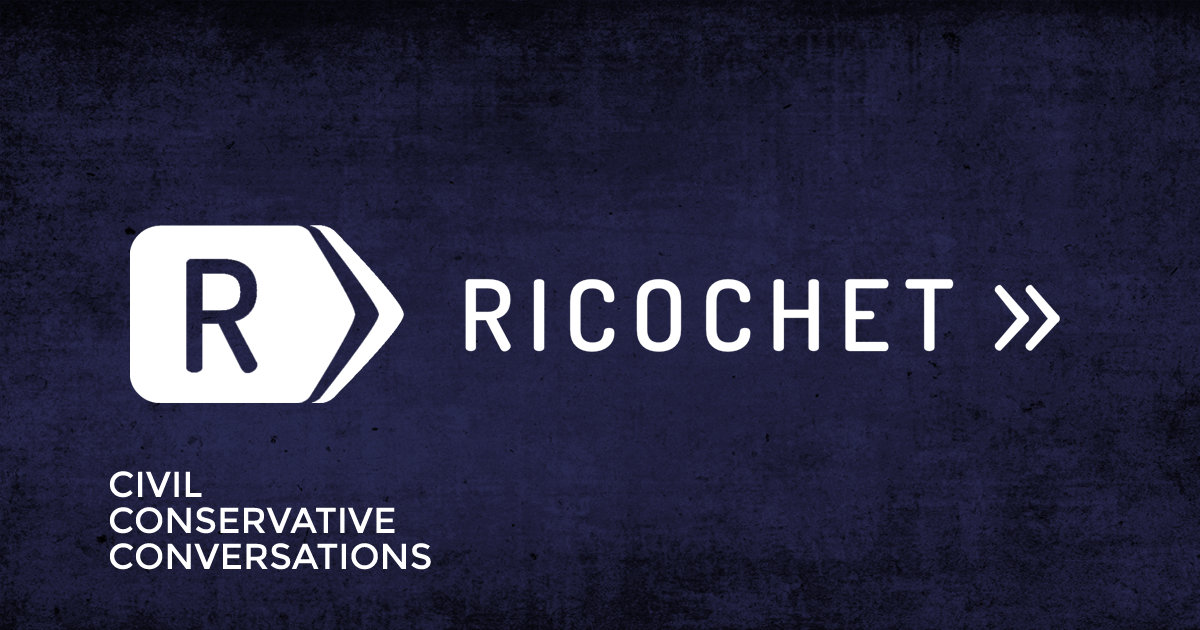
This quote will require some context. It comes from a poem by Thomas Merton, the Trappist monk, mystic, writer, and poet. His prose writing is quite good, known for his spiritual biography, The Seven Story Mountain, but also known for his books on the contemplative life, social issues, literary works, and whole host of other topics. His poetry, in my opinion, is hit-and-miss, but his hits can be exceptional. I think this poem is exceptional.
The first thing to keep in mind is that the poem was written subsequent to Ernest Hemingway’s suicide by self-inflicted shotgun shot. The second thing to remember is that Merton was influenced by Hemingway as a young man. Merton was born in 1915, and had wanted to be a writer from a very young man. Hemingway was perhaps the central writer of the post-WWI era, commonly called “the lost generation,” which documented the trauma of the war.
Merton as a young man felt the post-war angst and ultimately led him to reject his atheism, convert to Catholicism, and become a Trappist monk at the monastery, Abbey of Our Lady of Gethsemani in Kentucky. His life perhaps flows in the opposite direction from Hemingway’s. The third thing to remember is that Merton, now twenty years a monk, and also a writer, can identify as Hemingway’s doppelgänger, his literary twin but with a very different side.
An Elegy For Ernest Hemingway
By Thomas Merton.
Now for the first time on the night of your death
your name is mentioned in convents, ne cadas in
obscurum.Now with a true bell your story becomes final. Now
men in monasteries, men of requiems, familiar with
the dead, include you in their offices.You stand anonymous among thousands, waiting in
the dark at great stations on the edge of countries
known to prayer alone, where fires are not merciless,
we hope, and not without end.You pass briefly through our midst. Your books and
writing have not been consulted. Our prayers are
pro defuncto N.Yet some look up, as though among a crowd of prisoners
or displaced persons, they recognized a friend
once known in a far country. For these the sun also
rose after a forgotten war upon an idiom you made
great. They have not forgotten you. In their silence
you are still famous, no ritual shade.How slowly this bell tolls in a monastery tower for a
whole age, and for the quick death of an unready
dynasty, and for that brave illusion: the adventurous
self!For with one shot the whole hunt is ended!
The poem is not written in meter but in straight prose, which I think is a nice tip of the cap to Hemingway’s great prose, which at its best could be poetic. There are several references to monastery life that one should know to fully understand the poem. In the first stanza, he mentions that now that Hemingway has died, the convents will be adding his name to the prayers for the dead, ne cadas in obscurum, “unless they fall into the darkness.” It is a line from a Mass for the dead, and the line can be translated as “Deliver them from the lion’s mouth, lest hell swallow them up, lest they fall into darkness.” It is noteworthy that Hemingway had hunted lions and featured them in a couple of his short stories.
The second stanza is an elaboration of the first. Now that Hemingway’s story has become final, he will be included in the monk’s daily “offices,” which refer to the Liturgy of the Hours, which monastics pray seven times a day.
The third stanza I believe is an allusion to Dante’s Divine Comedy, where Hemingway’s soul stands among thousands of those entering the afterlife, especially referring to Purgatory here since he hopes the fires will end. The fourth stanza refers to prayers prayed for the deceased, “pro defuncto,” N referring to a name to be added, Nominatim. The interspersing of Latin and the slow prosaic lines gives the poem a praying quality, as if it were Gregorian chant. I can see this poem being chanted.
The fifth stanza is Merton’s homage to Hemingway. In the crowd of souls he is recognized, and a reference is made to Hemingway’s post-WWI novel, The Sun Also Rises, and to Hemingway’s great prose that captured the trauma of the war.
If the fifth stanza is a homage, the sixth stanza captures the tragedy of Hemingway’s life. It also alludes to another of Hemingway’s novels, For Whom the Bell Tolls, and to the unquenchable desire for adventure that consumed Hemingway’s life. It alludes to a morbid fascination that Hemingway had with death, both with killing animals in hunts or in bullfights and with killing people in wars, and with his own death, which in his adventures could be seen as a death wish. Merton refers to these adventures as “brave illusions,” which seen from Merton’s religious point of view, was a sign of a hurt inside of Hemingway’s heart which was never healed from the trauma of the First World War. Merton healed his hurt through his Catholic faith.
Which brings us to the final one-line seventh stanza, which ends the poem like the gunshot it alludes to. “For with one shot the whole hunt is ended!” Ernest Hemingway killed himself on July 2, 1961, bringing his adventures, his writing, and his life to an end.
Published in LiteratureThanks for reading Quote of the Day: 'For with One Shot the Whole Hunt Is Ended!' - Ricochet.com. Please share...!

0 Comment for "Quote of the Day: 'For with One Shot the Whole Hunt Is Ended!' - Ricochet.com"